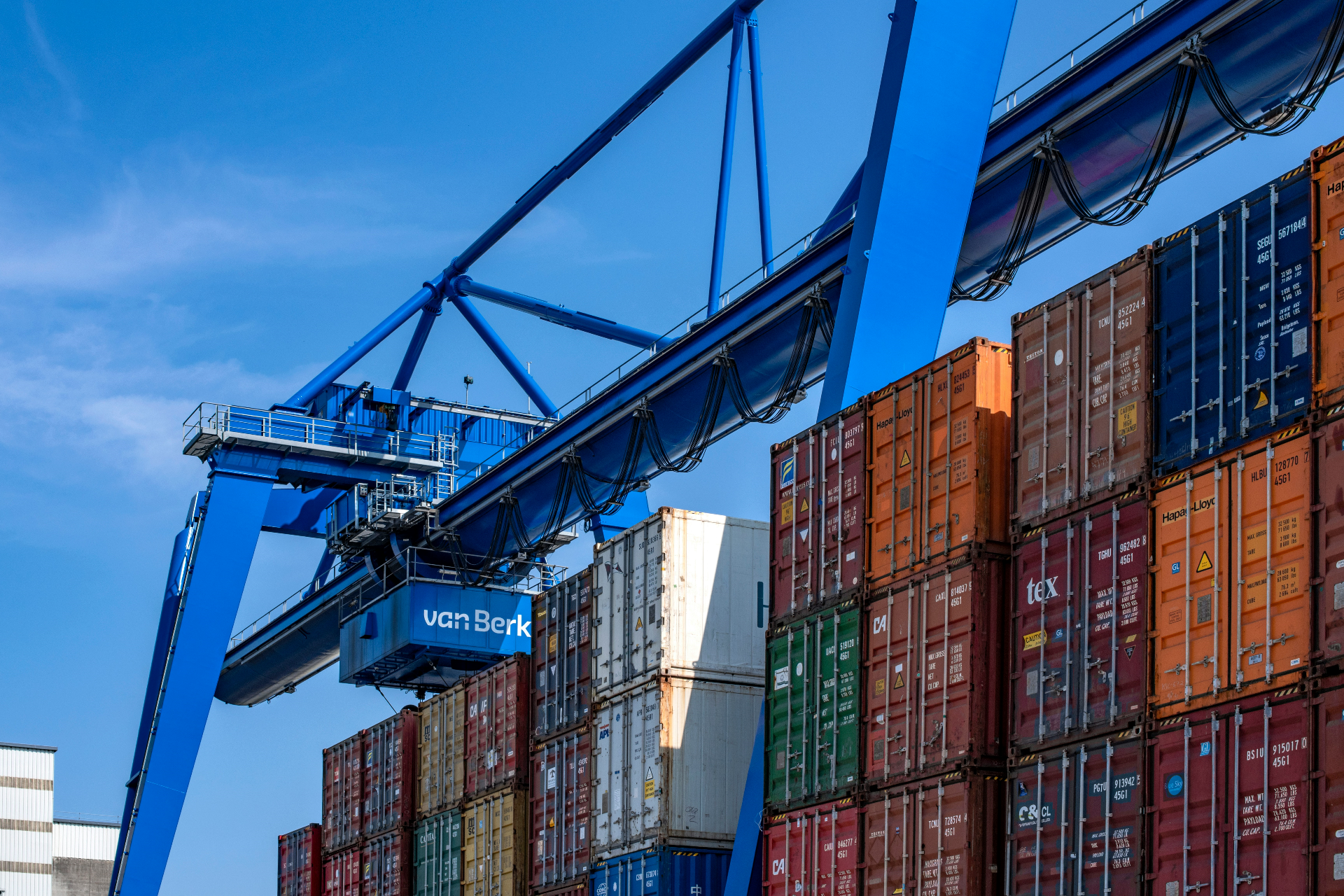Localization and adaptation involve tailoring products and marketing strategies to specific target markets, considering cultural, social, and personal preferences. It extends to digital platforms and requires balancing global consistency with local adaptation. Compliance with local legal and regulatory requirements is crucial. Effective localization can lead to increased customer satisfaction, market share, and profitability.
In today's global economy, businesses looking to expand internationally must tailor their products and marketing strategies to specific target markets, a process known as localization and adaptation. This strategy enhances customer engagement and drives market penetration by aligning a company's offerings with the cultural, social, and personal preferences of consumers in different regions.
Product adaptation involves modifying an existing product to meet the unique demands of the target market. This can encompass changes in design, packaging, or even the product’s functionality. For instance, McDonald's, a global fast-food giant, offers spicy paneer wraps in India and teriyaki burgers in Japan, aligning with local taste preferences.
Similarly, marketing strategies should be adapted to the target market's cultural and social nuances. Effective localization of marketing campaigns considers local languages, cultural symbols, customs, and societal norms. An excellent example is Coca-Cola's "Share a Coke" campaign, where the company replaced its logo on bottles with local names in each country, creating a personal connection with consumers.
Digital platforms have brought about a new dimension to localization. For websites and apps, localization goes beyond just translating content to another language; it involves adapting to the local internet culture, payment preferences, and online behavior. Netflix, for example, provides subtitles and dubbing in various languages, and curates content based on regional preferences.
However, it's important to strike a balance between global consistency and local adaptation. While businesses should adapt to local preferences, they should also maintain their global brand identity and values. Successful businesses, like Apple, achieve this balance by maintaining their core product design globally, while offering localized support and services.
Businesses should also consider legal and regulatory requirements when localizing products and marketing strategies. Different countries have different rules regarding product safety, packaging, labeling, advertising standards, and data privacy. Non-compliance can lead to legal issues and damage a company's reputation.
The process of localization and adaptation is a complex task, requiring deep knowledge of the target market and a commitment to understanding and embracing local cultures. However, businesses that successfully implement localization strategies stand to reap substantial rewards, including increased customer satisfaction, market share, and profitability.
Related Information



















































